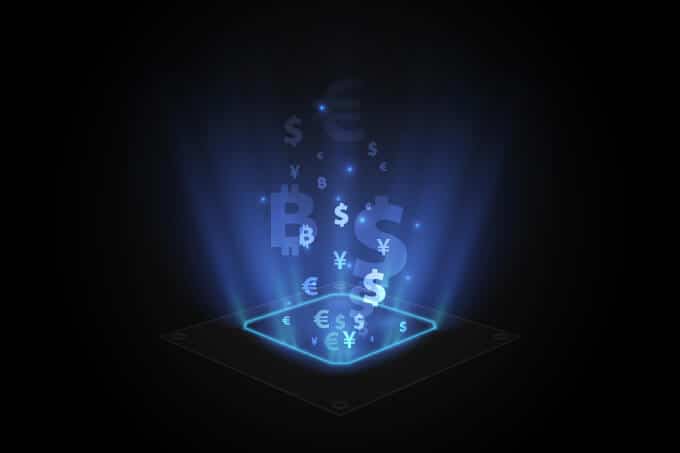Money in the Metaverse - Understanding the Economy in Metaverse 💸
Metaverse economy could be worth $13 trillion by 2030! Here’s how.
The rise of the Metaverse has been one of the most crucial trends in the past decade. Who would have thought that by the 2020s, there would be a virtual world that would allow users to interact with one another in a three-dimensional environment?
The Metaverse has changed our ways of living in such a manner that it has even revolutionized many aspects economically. How, do you ask? Well, it turns out that the Metaverse has its own economy, its own currencies, and its own ways of how money is exchanged in it.
In this article, we will dive deep into how money works in the Metaverse and the economy behind it.
What do you mean by Economy in the Metaverse?
The economy in the Metaverse is largely dependent upon the exchange of goods and services which are virtual in nature. You can even call it a decentralized marketplace. As you know by now there are so many possibilities of creation in the Metaverse just like in the real world, and the exchange of materials with money remains one of them. Virtual material includes the creation of avatars, NFTs, virtual clothes, and even virtual real estate. On the other hand, virtual services include virtual event planning, coaching, etc. All these materials and services are exchanged with virtual currency. All these transactions are what make the virtual economy in the Metaverse.
Money in Metaverse
There are different types of financial entities in Metaverse. In other words, there are various ways to navigate through the economy in the Metaverse. The following are a few of the most important ones:
Crypto Wallets
This is the primary requirement to make any kind of purchase in the Metaverse. Various platforms like SandBox and Decentraland allow you to make purchases only after you have a crypto wallet. Once the user chooses their crypto wallet, they have the liberty to use their native currency to buy virtual tokens to add to their crypto wallet. MetaMask is one such popular Crypto Wallet in the Metaverse.
Metaverse Tokens
Metaverse tokens are the most basic currency used to purchase various goods and avail services in the Metaverse. They are also known as crypto coins. Tokens are also awarded basis of the user’s contribution to the Metaverse ecosystem. The tokens can be added to your crypto wallet and then can be used for buying various items.
NFT-based Cards
Big players like MasterCard and Coinbase have come up with a concept of NFT-based cards in which a user can purchase NFTs using their debit or credit cards. They aim to make the card-based transaction easier and safer in the Metaverse.
Virtual Currencies. Where does it stand?
The supply and demand of any virtual currency determine its value. The more people want a particular currency, the more will be the value of it. The value of the currency also depends upon the performance of the currency throughout its lifetime and the trends that it follows.
Perks of Virtual Currencies
Transactions in Metaverse using virtual currencies are fast and reliable. Since the currencies are stored on a BlockChain, they are highly secure in nature. Due to the fact that these currencies are stored on a blockchain, the transparency increases multifold and this leads to the elimination of corruption.
Virtual Currencies. Are they risky?
The lack of regulation remains the biggest challenge when it comes to virtual currencies. Due to this, scammers and fraudsters may find it easy to manipulate the economy within Metaverse. Another challenge is the volatility in the value of virtual currencies. Investing in Metaverse becomes extremely unpredictable and risky because the value of currencies fluctuates a lot.
Conclusion — The Future of the Metaverse Economy
The future of the Metaverse depends on the number of people getting involved in it. The popularity and relevance of the Metaverse are only expected to rise in the upcoming years. This in turn will give a boost to the robustness of the Metaverse economy. Slowly, as the Metaverse becomes mainstream, the laws and regulations in the economy will become more streamlined. Virtual currencies may even become integrated with real-world currencies, making exchanging goods and services seamless.

